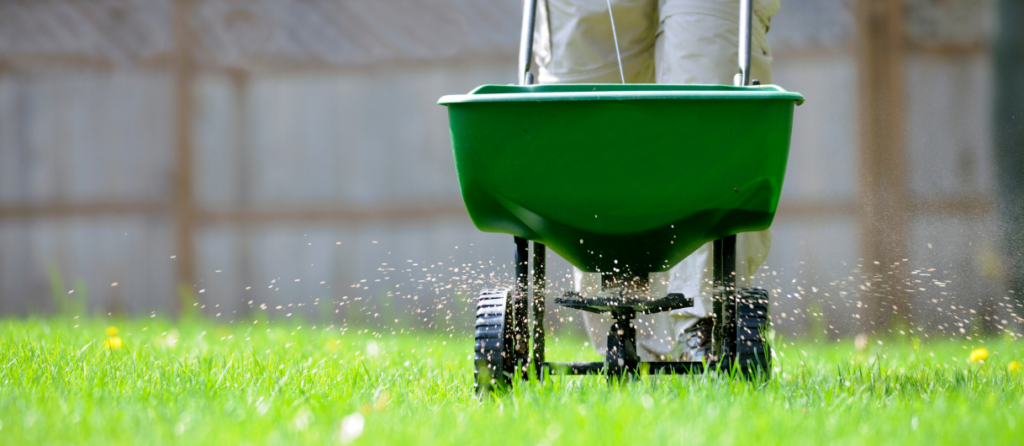Legislators want to ban fertilizer bans – because they know what ‘the science’ will say
Legislators want to ban fertilizer bans – because they know what ‘the science’ will say

As we write this Gov. Ron DeSantis still hasn’t signed the state budget, nor has he vetoed line item 146 — which green-lights a one-year ban on new fertilizer ordinances while the University of Florida studies the matter.
VoteWater has joined dozens of conservation groups, small businesses and even Alachua County Commissioners in calling for a veto, in part because we have an idea what the “study” is going to show.
That’s because UF’s Institute of Food and Agricultural Sciences (IFAS) released a study last year, purporting to demonstrate that summer/rainy season fertilizer bans are less effective at nutrient control than winter/dry season bans.
Study shows summer bans ineffective?
The 2022 study, using data from the IFAS “Lakewatch” program between 1987-2018, focused on lakes in north/central Florida, from small stormwater ponds to large natural water bodies.
From a blog post describing the study: “Lakes in areas with winter fertilizer bans had the most improvement over time in levels of
Researcher Dr. Sam Smidt notes turfgrass is less active in wintertime, so there’s less nutrient uptake; while during the summer turfgrass takes up more nutrients, leaving less to run off.
The study didn’t include Lake Okeechobee or the Caloosahatchee, St. Lucie and Lake Worth estuaries; and it’s important to note it DID find “summer and non-seasonal bans also led to water quality improvements” — though wintertime bans seemed to yield bigger reductions.
We suspect legislators who snuck the “ban fertilizer bans” proviso into the budget bill (SB 2500) know all about this study.
They’re not naifs. They want a new study replicating these results, so they can assure us “The Science” shows we can safely scuttle summertime fertilizer bans.
And if ultimately that results in more nutrients in the water, and more problems like toxic algae? Oh well. The special interests who set all this in motion will be happy.
Let’s talk about special interests
Columnist Craig Pittman with the Florida Phoenix reported the proviso was stuck into the budget bill by former Florida House Speaker Steve Crisafulli, now a lobbyist for TruGreen.
Crisafulli, who Pittman noted “built his political career thanks to major infusions of cash from Big Sugar,” said he merely seeks a “science-backed study.” Asked by Pittman why the study wasn’t proposed in a bill — which would have allowed public input —Crisafulli and others reiterated that the ban on new fertilizer bans will only last one year, while the study is done.
And then, if that “science-backed study” by IFAS — long thought to be cozy with Florida’s fertilizer industry — shows bans are unnecessary?
Look for a legislative proposal next year permanently banning new fertilizer bans. Existing bans might even wind up in the crosshairs, deemed “unnecessary.” Why, legislators might even deem them “arbitrary and unreasonable.” That would neatly reflect language in another bill on the cusp of becoming law, Senate Bill 170, which allows businesses to sue local governments over“arbitrary and unreasonable” ordinances.
See where this goes?
This is why it’s important for DeSantis to veto line item 146, for this “study” is just the opening salvo in what promises to be a wider war — one in which our fragile waters will be the losers

